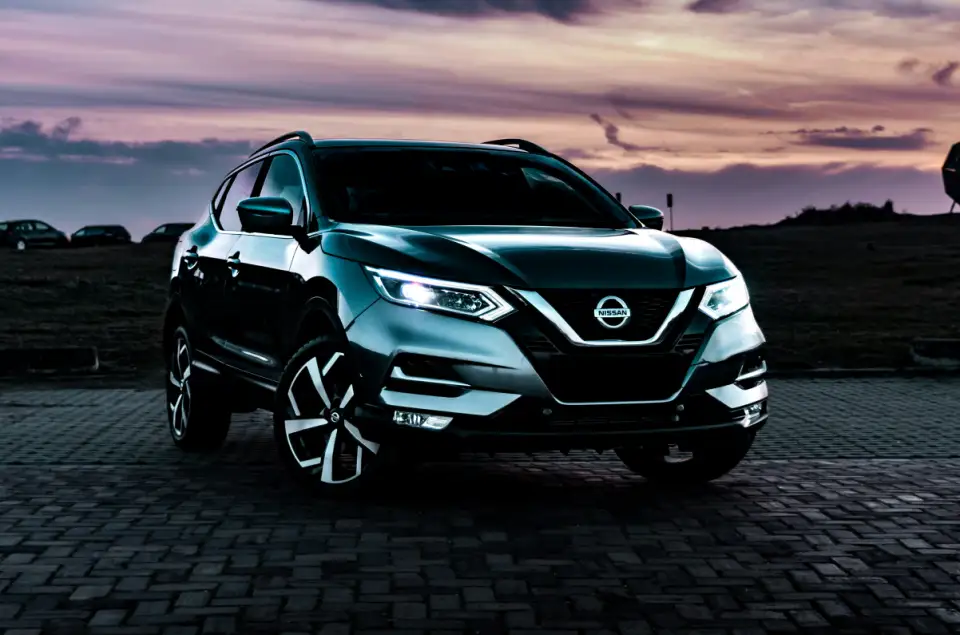As Nissan prepares to conclude negotiations with Honda to establish a joint holding company, it is actively seeking new partners. Media reports suggest that Nissan is looking for partners in the tech industry, preferably companies headquartered in the United States.
In addition, sources have revealed that Nissan's board is urging CEO Makoto Uchida and other senior executives to present more detailed restructuring plans in preparation for negotiations with any potential new partners.
According to sources, the ideal partner should come from the tech industry and be based in the United States. A Nissan spokesperson declined to comment, stating that any details related to negotiations with Honda will be disclosed as planned in mid-February.
Clearly, abandoning the partnership with Honda is a major gamble for Nissan. The company is set to announce its third-quarter earnings next week, after already reporting a 94% drop in net profit for the first half of the year and plans to lay off 9,000 employees and cut one-fifth of its production capacity.
This unstable financial situation is likely to make it difficult to attract more potential investors. If Nissan fails to find a new partner to help it regain its footing after partially dissolving its 25-year strategic partnership with Renault, it may face a very tough situation.
Nissan and Honda confirmed on Wednesday that they are still discussing various options, including the possibility of ending the transaction talks. A source said that Honda had proposed acquiring Nissan and making it a wholly owned subsidiary, but this idea was strongly opposed by Nissan. Of course, the scale of the investment was also a sticking point. Honda demanded that Nissan undertake a large-scale business restructuring as a condition for the deal, but Nissan has so far only implemented measures such as layoffs and production cuts, without closing any factories.
At the same time, according to the memorandum of understanding between the two companies on December 23, neither Nissan nor Honda is required to pay a fee of 100 billion yen (approximately 4.765 billion RMB) and exit the exclusive negotiations.
Sources indicate that Nissan’s board is pushing CEO Makoto Uchida and other senior executives to develop a more comprehensive restructuring plan, while also engaging in discussions with any potential new partners.
Their goal is to present a more in-depth reform plan when they announce their quarterly financial report on February 13. Sources also mentioned that the board will meet on that day and officially make a decision. Similarly, Honda will release its third-quarter earnings on the same day.
Nissan's Predicament
In recent years, Nissan has faced intense competition from Chinese New Energy Vehicle (NEV) brands in the global automotive market. The rapid rise of Chinese NEV companies, particularly brands like BYD, NIO, XPeng, and Li Auto, has put significant pressure on traditional automakers like Nissan.
Technology Innovation Gap
Chinese NEV brands have rapidly advanced in battery technology, intelligent driving systems, and connected vehicles. For example, BYD's breakthroughs in battery technology, along with NIO and XPeng's investments in intelligent driving and automation, have allowed Chinese NEVs to surpass many traditional automakers in terms of cost-performance and innovation, especially in the electric vehicle sector, where Nissan's technological capabilities lag behind.
Price Advantage
Chinese NEV brands often offer electric vehicles that are more price-competitive than traditional automakers. In particular, companies like BYD benefit from lower production costs and government subsidies, making their electric vehicles highly attractive in the global market. While Nissan has also launched its electric vehicle, the LEAF, its price and cost-performance still lag behind Chinese brands.
The rise of Chinese NEVs has led to a loss of market share for Nissan. Chinese brands like BYD have become dominant in the domestic market, further weakening Nissan’s presence.

